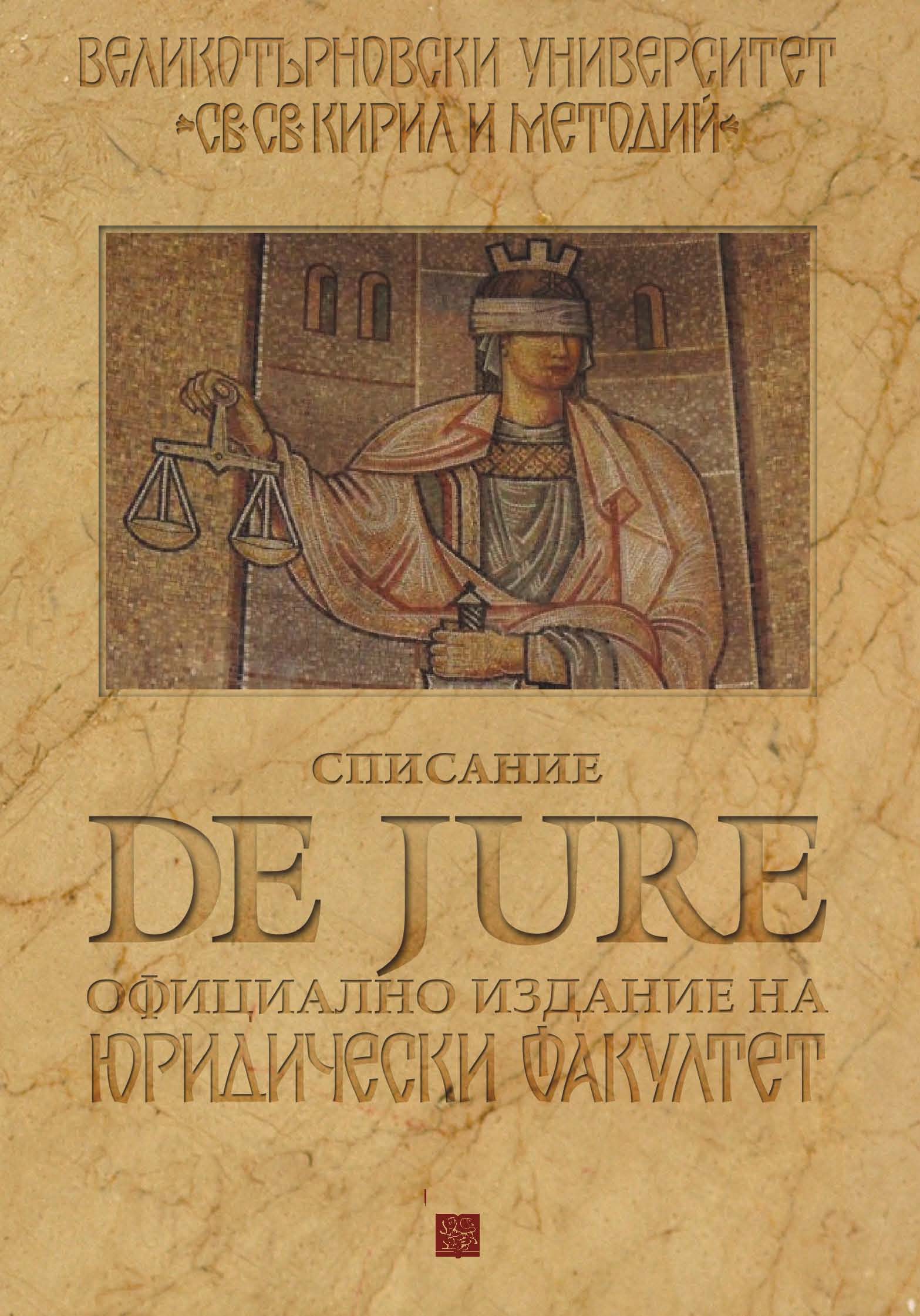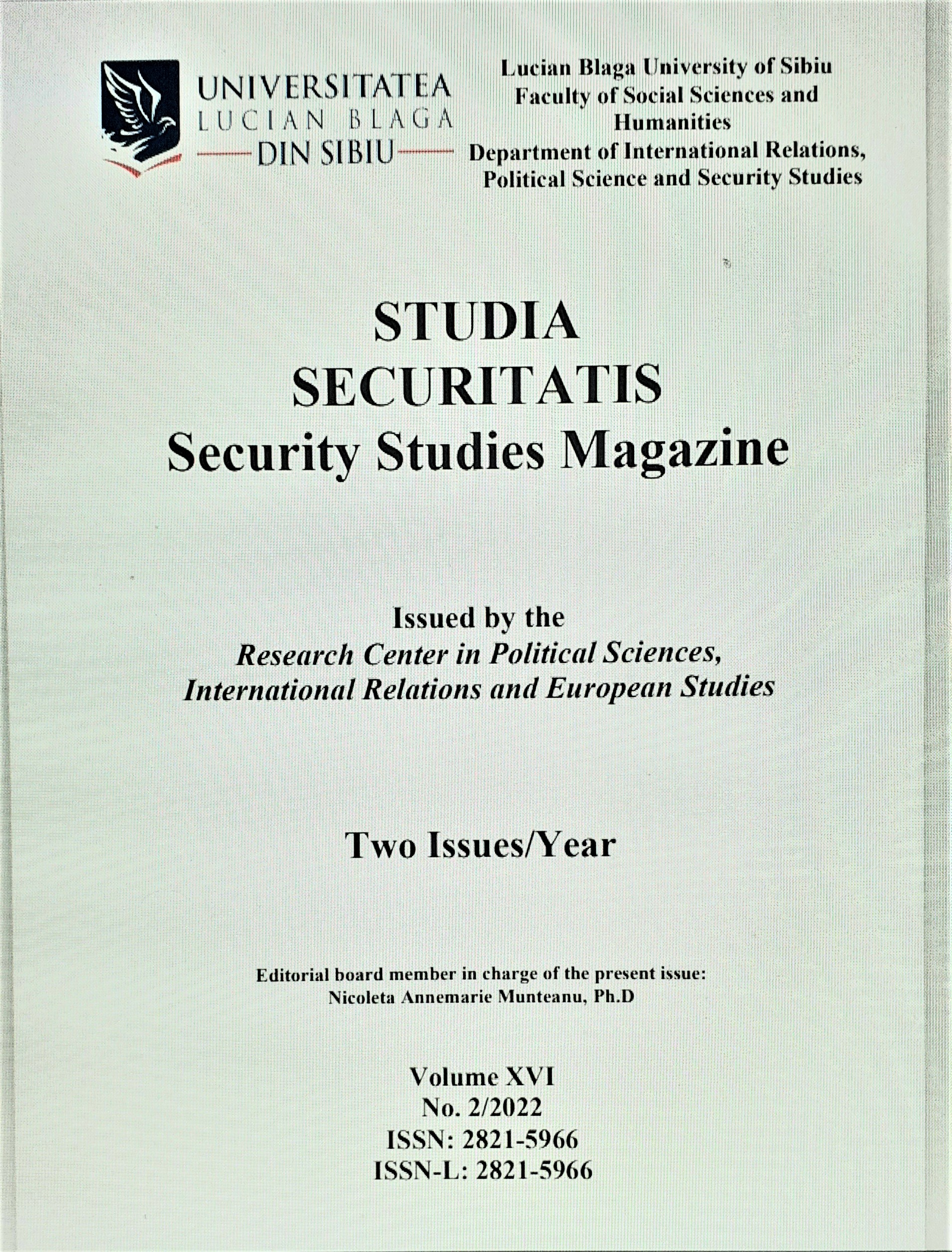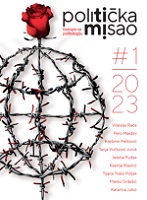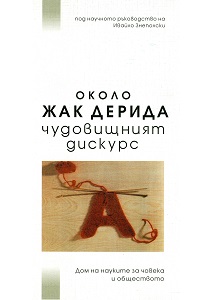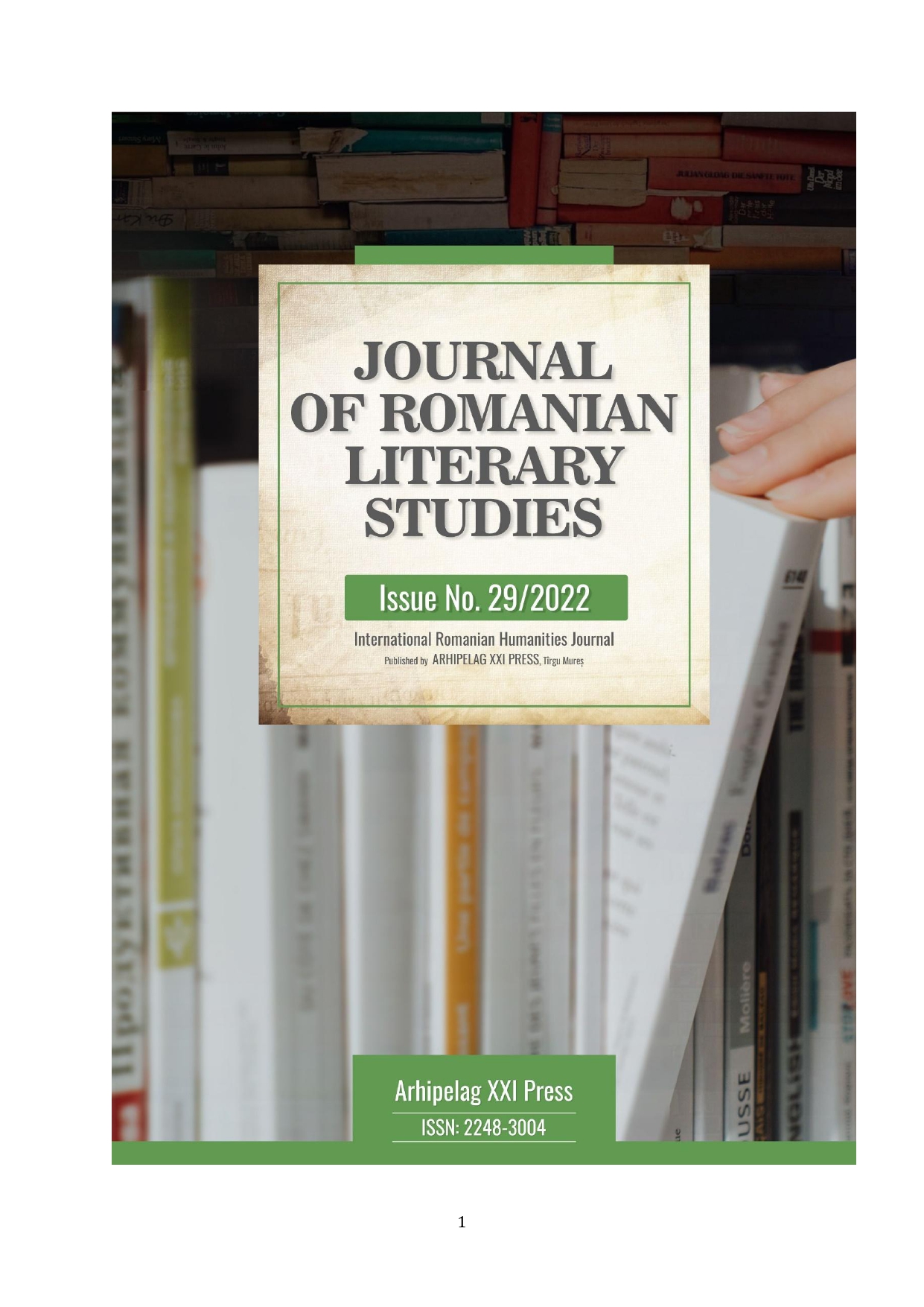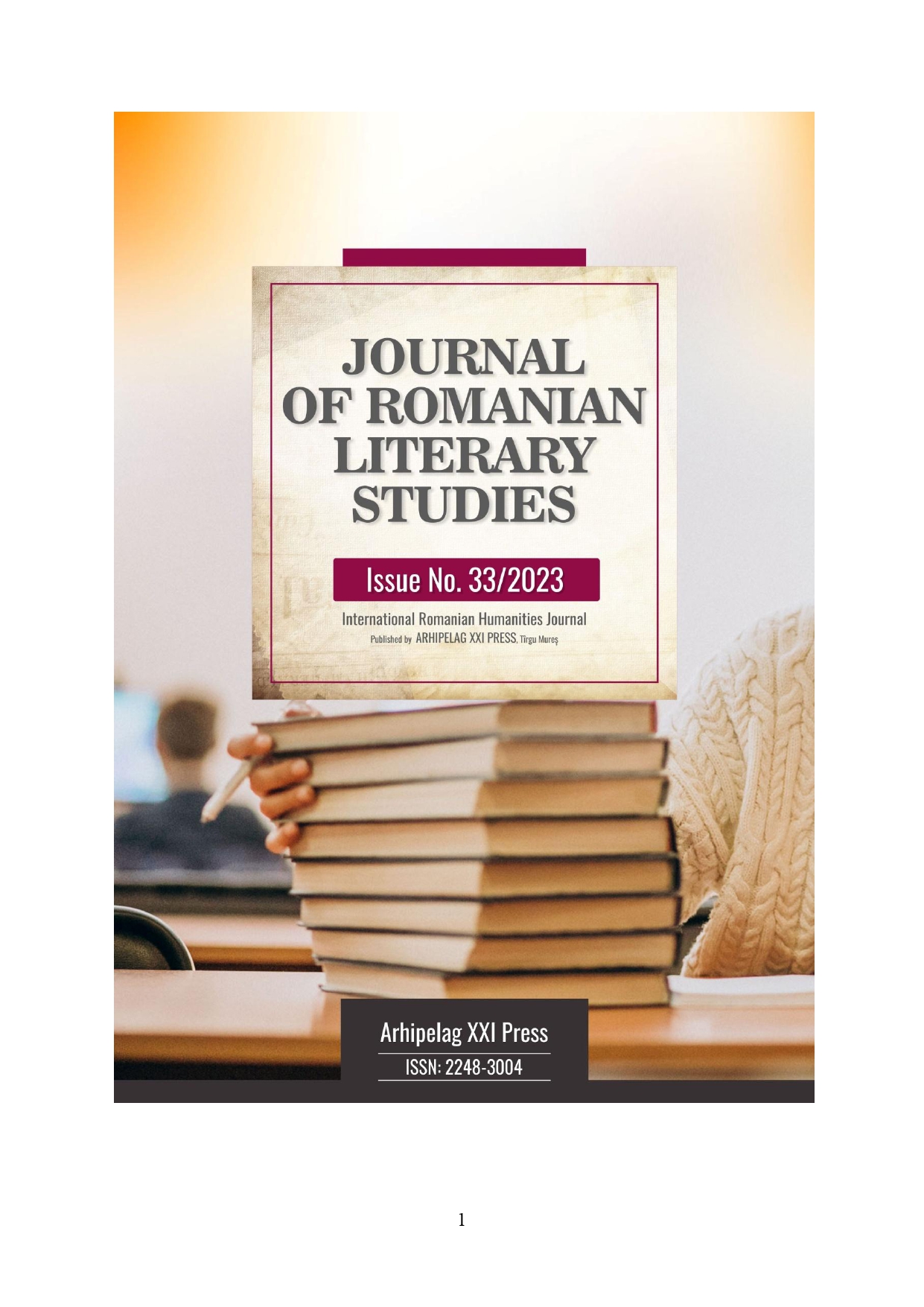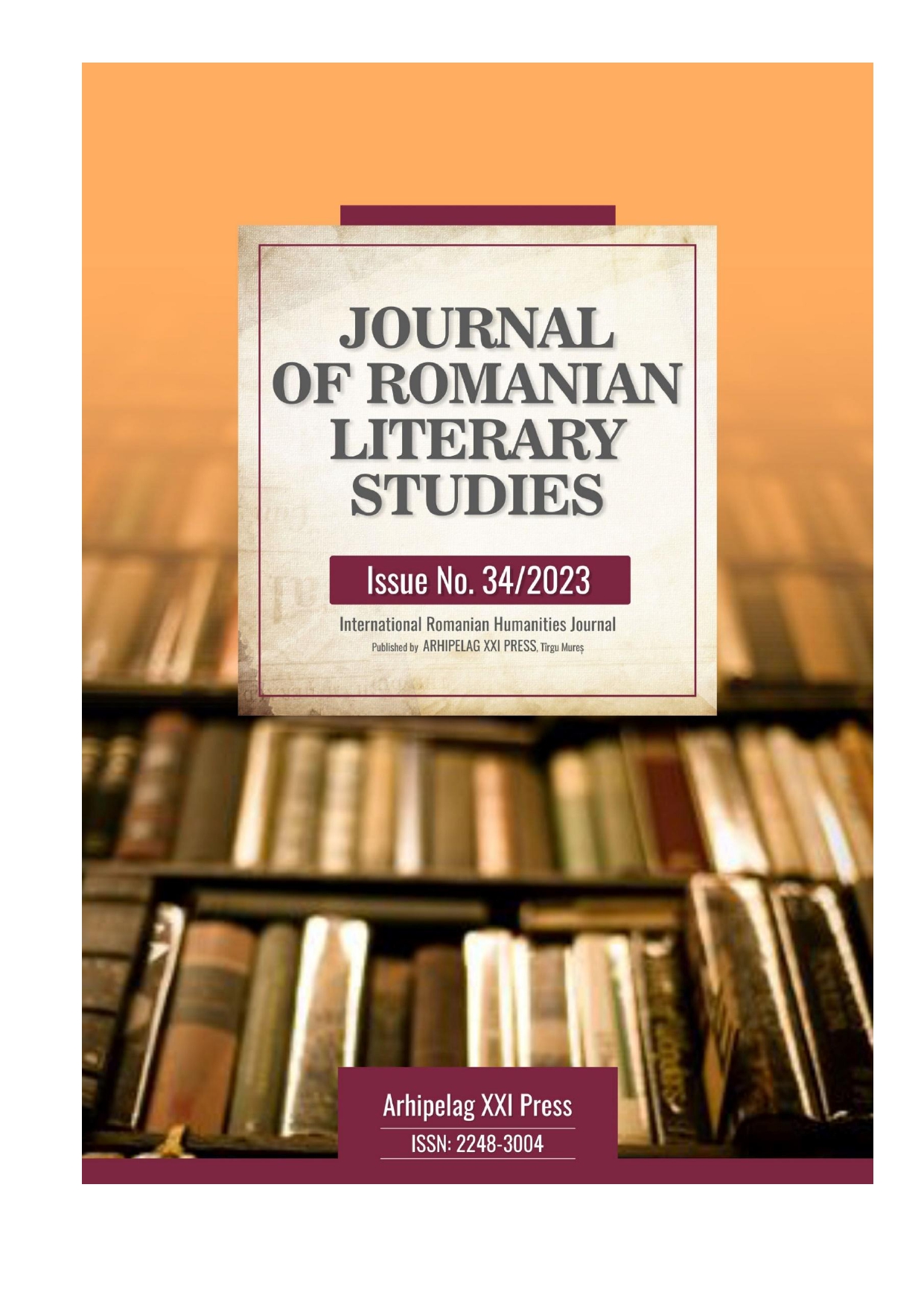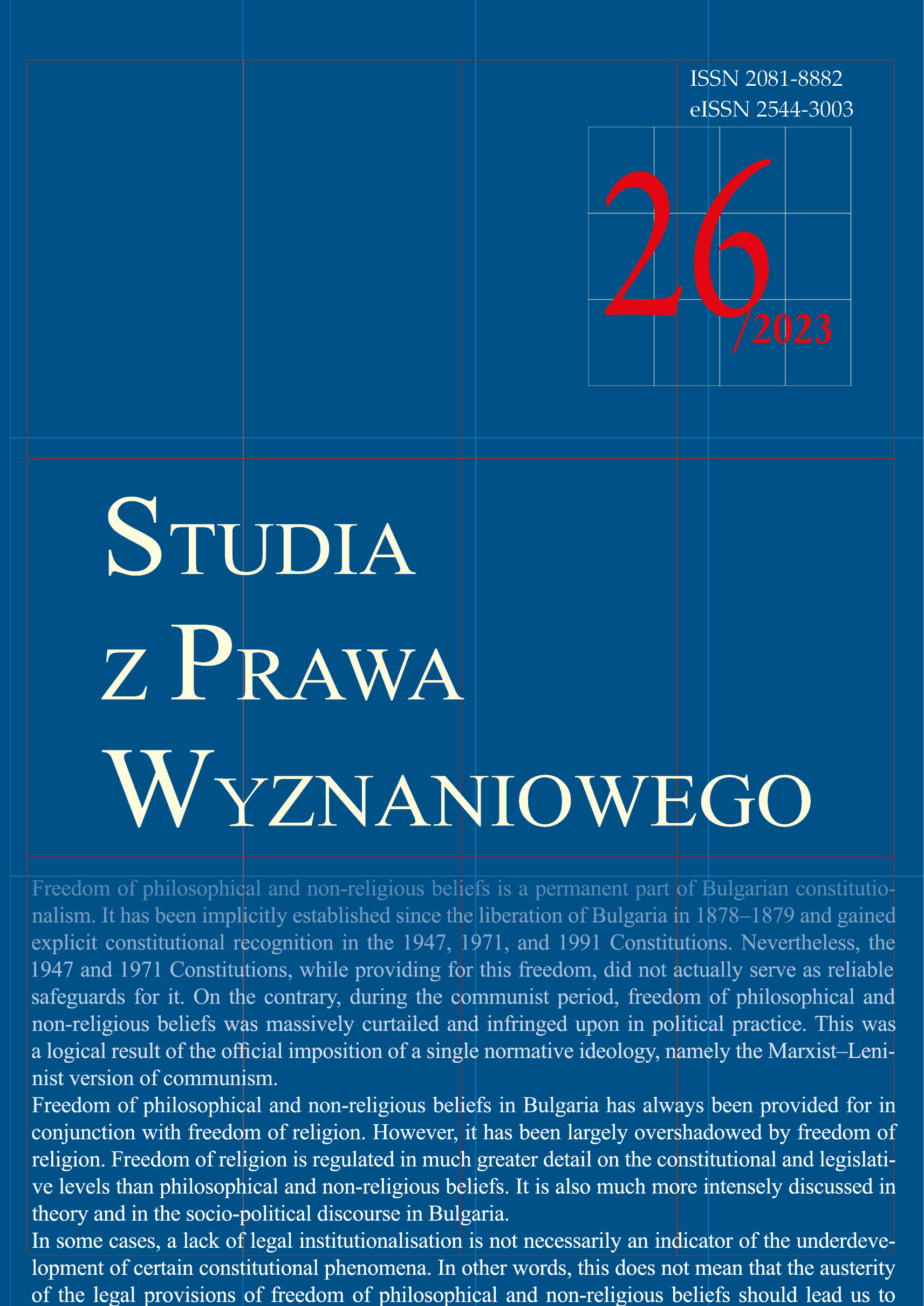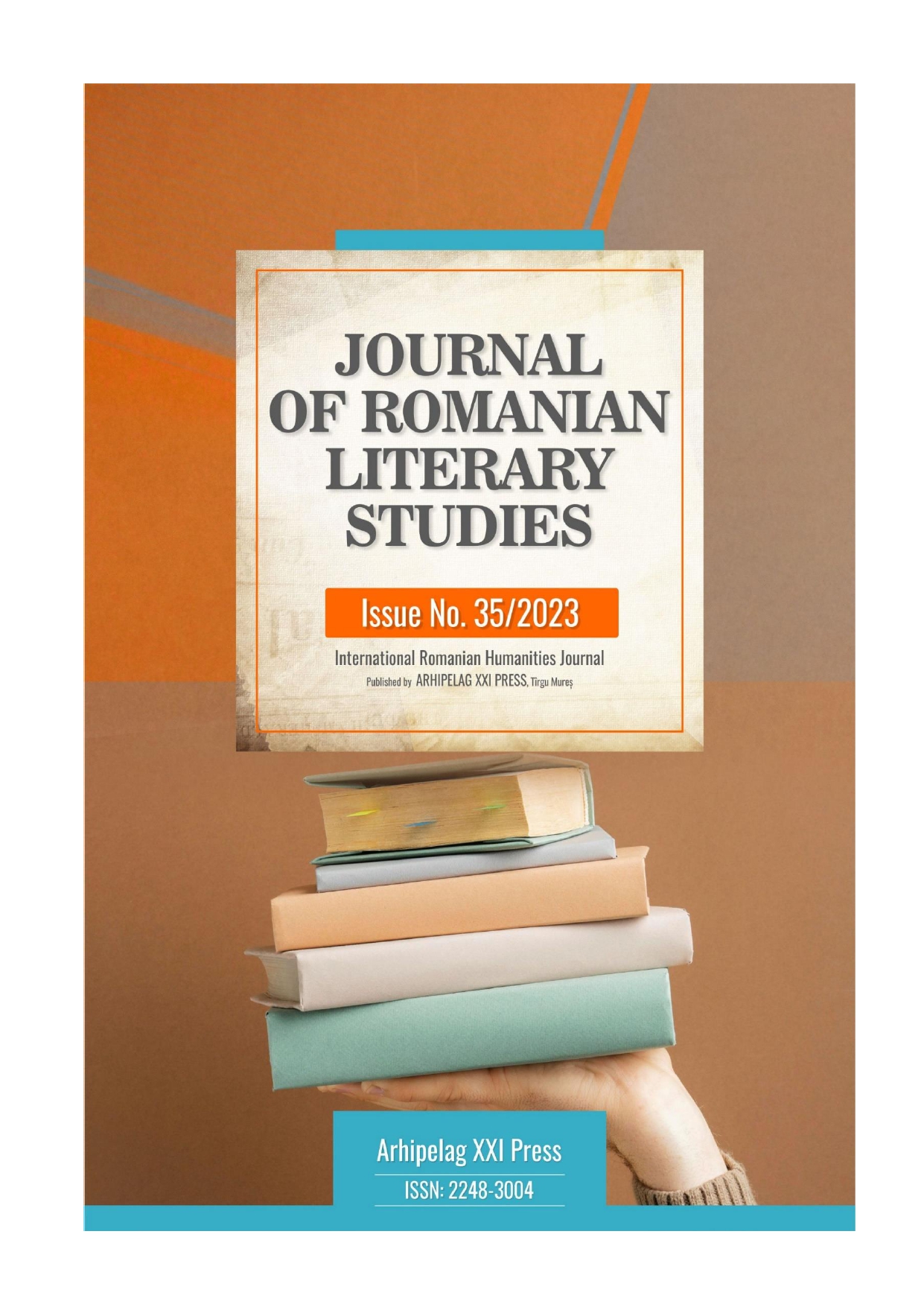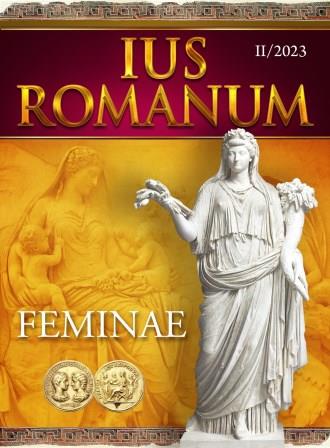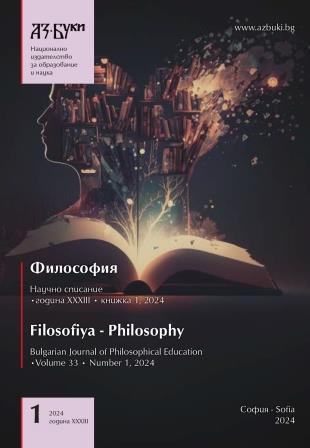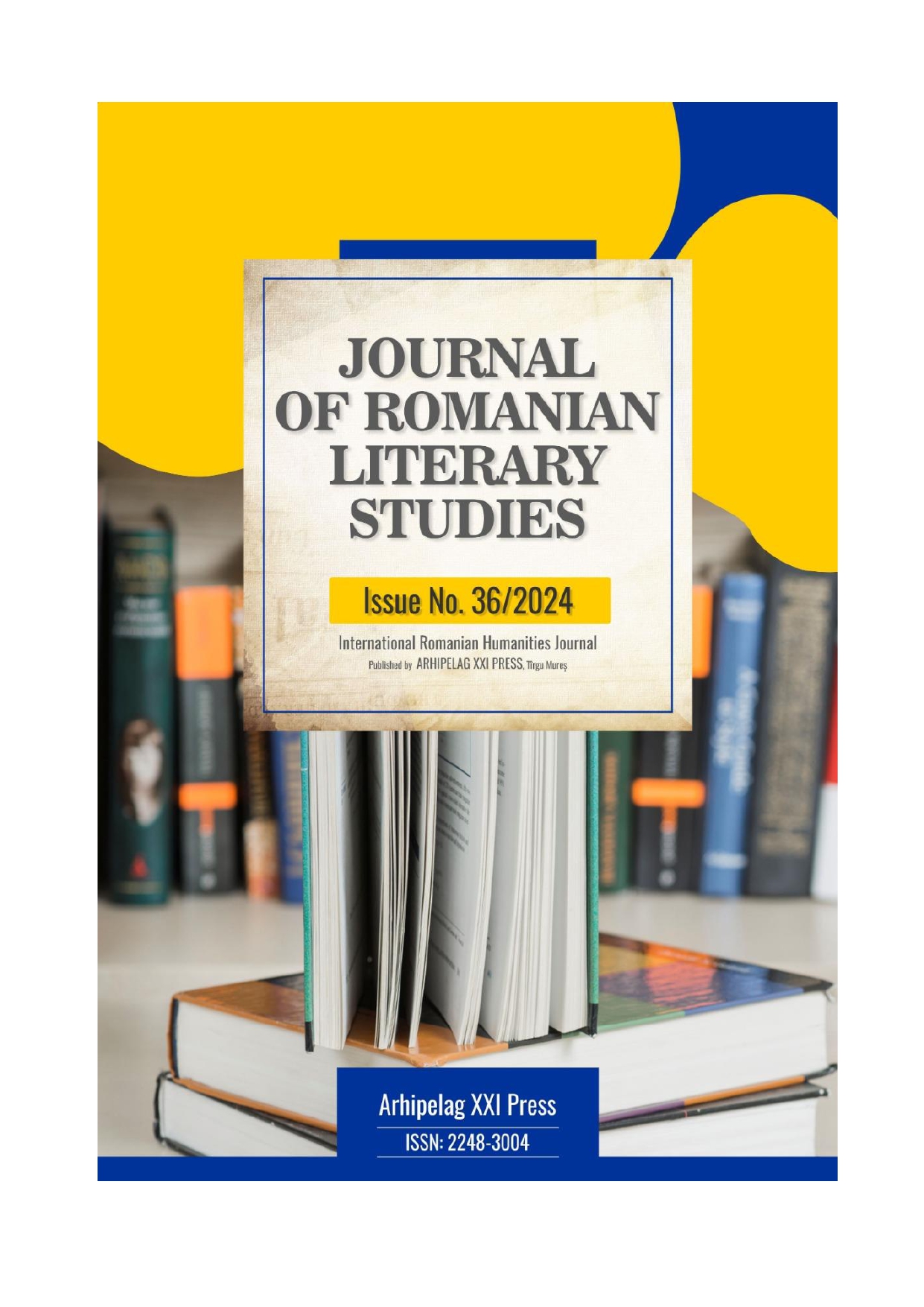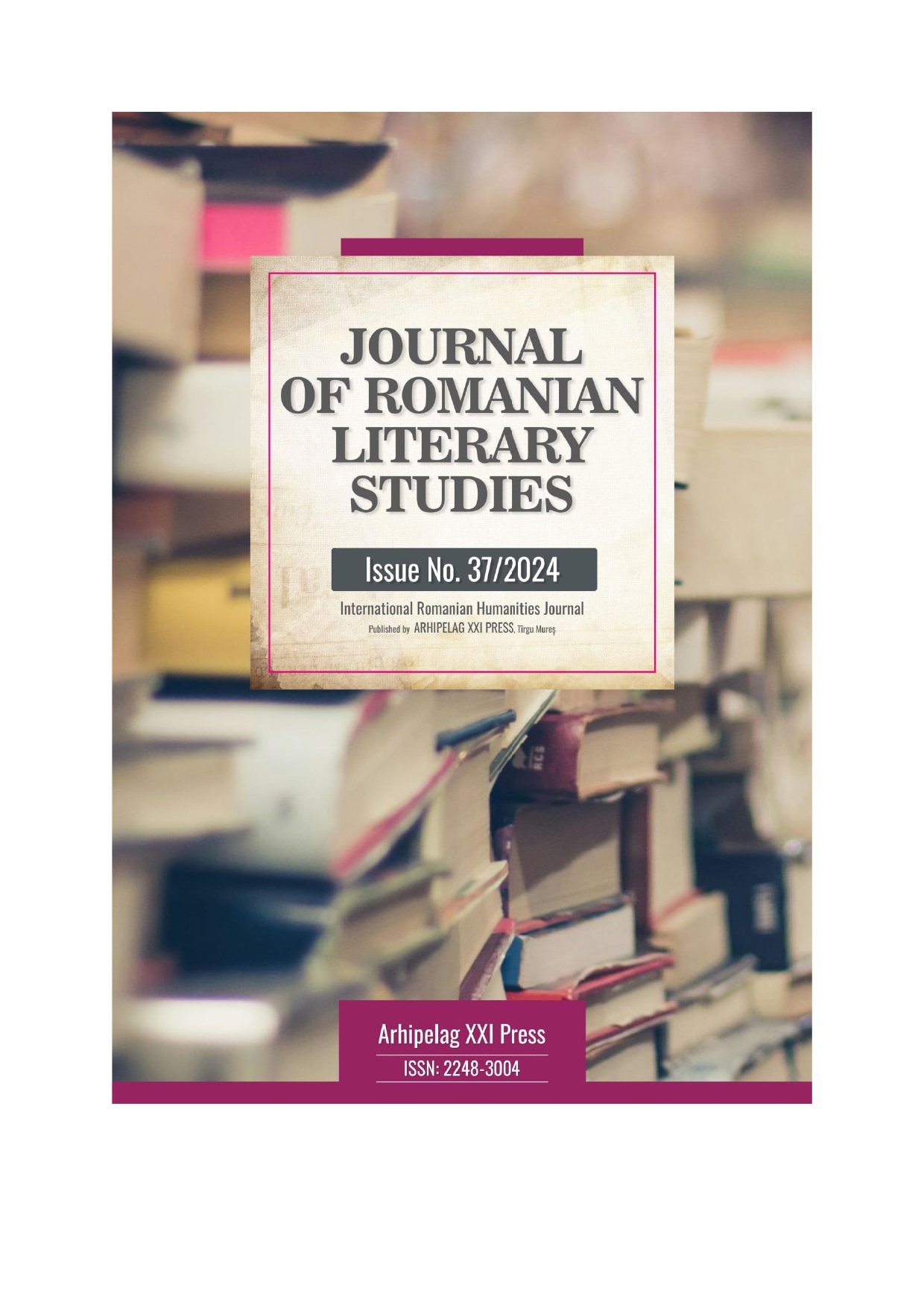Author(s): Bahaddin Karakuş,Ahmet Yaman / Language(s): Turkish
Issue: 1/2024
One of the figures who deeply influenced Islamic thought in general and fiqh thought in particular is undoubtedly Qāḍī 'Abd al-Jabbār (d. 415/1025). Most of his life took place in the 4th/11th century and he was the most important representative of the Basra Muʿtazilites after the Jubbāʾīs. With his works in both theology and the methodology of jurisprudence, he was regarded as a groundbreaking scholar not only in Muʿtazilite circles but also in Sunnī circles. According to the common opinion of many Sunnī jurists, 'Abd al-Jabbār is one of the most important figures in the field of usul al-fiqh after Imam Shāfi'ī. Having been so influential in the fields of theology and methodology, it has been a matter of curiosity in which systematic framework Qāḍī ʿAbd al-Jabbār conducted his practical life and whether he maintained his allegiance to the Shāfiʿī madhhab, which he had adopted as a student. In the relevant literature, the claim that Qāḍī ʿAbd al-Jabbār adopted the Shāfiʿī madhhab throughout his life has been widely voiced. So much so that in the works of tabakāt, where Shāfiʿī jurists are introduced, ʿAbd al-Jabbār is included as a Shāfiʿī. This understanding, which has continued until today, has become a continuing acceptance in academic studies. But is this the reality? In pursuit of this question, the present study examined the issue in the following steps: First, the claims in the literature about Qāḍī 'Abd al-Jabbār's path in fiqh are presented, and then 'Abd al-Jabbār's position in Mu'tazilite jurisprudence is presented. After mentioning the distance of the founding imam of the sect, al-Shāfiʿī (d. 204/820), who is claimed to have been adopted by a Muʿtazilite scholar, from the Muʿtazilites and even his struggle with them, Qāḍī ʿAbd al-Jabbār's opposition to Imam al-Shāfiʿī's famous views on usul was identified. This study, which proceeds by comparing ʿAbd al-Jabbār's views on usul with Imam Shāfiʿī's views on usul, concludes that his claim that he adopted the Shāfiʿī madhhab in the practical field is not very accurate. Conducting the comparison through the six (6) most distinctive issues of Shafi'i juristic thought, the study shows that 'Abd al-Jabbār clearly opposed Imam Shafi'i and the Shafi'i jurists. These six issues, which are among the most important topics of debate in Islamic legal methodology, are as follows: Whether the Qur'ān and Sunnah can abrogate each other, the prerequisite for the acceptance of the Prophet's words and deeds is their submission to the Qur'ān, that is, the determination of whether they are compatible with the relevant regulation of the Qur'ān in order to be evidence, and istihsān, which means abandoning the ruling reached as a result of syllogism on the basis of a justification and making another ruling, In the event that the new issue awaiting a solution is similar to two or more principals/makisu'n-'aleyh, the syllogism of shabah, which means to give the ruling of the new issue in question to this original by taking into account the original that is thought to be the most similar in many respects, whether the proof of the opposite concept, which means the transfer of the opposite meaning of a word, i.e. the opposite meaning of a word, to the issue that is the opposite of the issue in that word and whose ruling is not specified, should be considered as a sahih istidlal, and the meaning of the imperative.
More...
